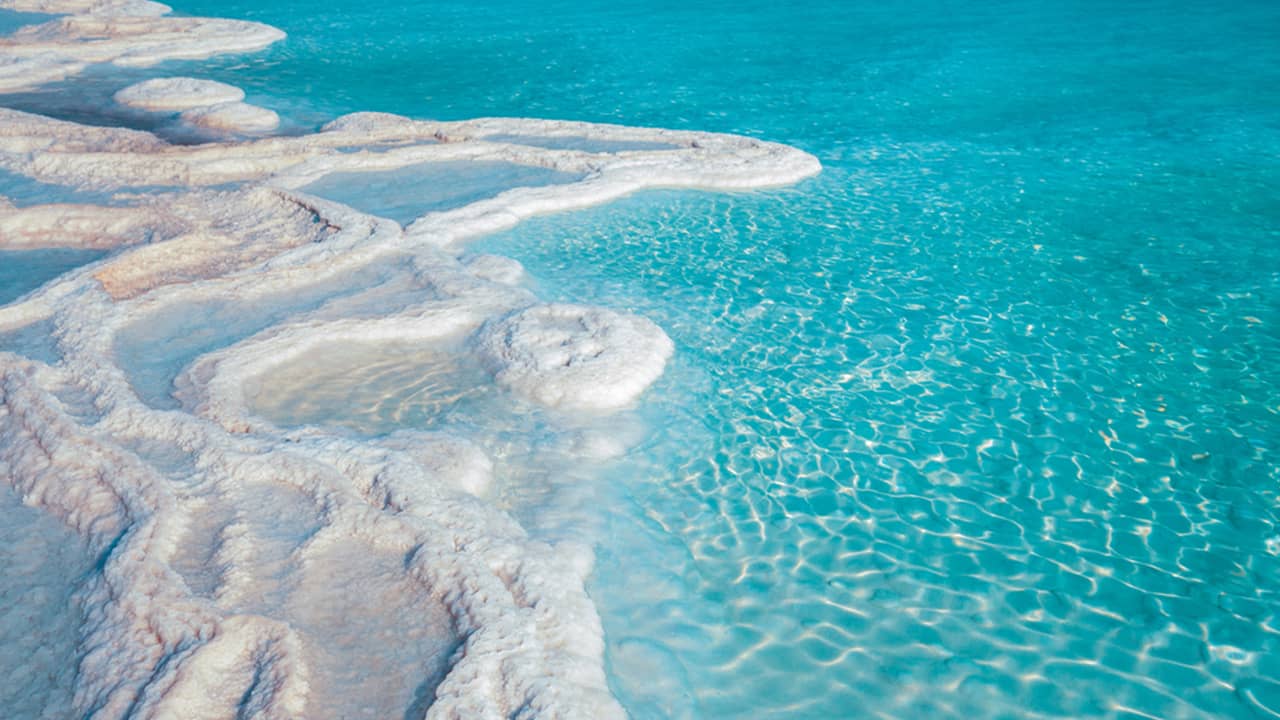One of the questions we all asked ourselves when we were little was ” but why is the sea salty? “. If you forgot the answer given to you in time, we remind you below. And if you were told the legend of how seawater became salty, we unveil today the real scientific answer (and it’s not because the fish cried too much 😉)!
Table of Contents
Everything goes back 4 billion years ago …
Although it might be difficult to imagine it today, our planet Earth was very hot around 4 billion years ago. She didn’t even have an ocean. On the other hand, it was filled with volcanoes. The latter filled the atmosphere with an enormous quantity of gas but also water vapor.
When the temperature of our planet decreased, the water vapor liquefied. In other words, carbonated water has turned into liquid water. This resulted in several million years of rain. In their turn, the rains caused erosion, that is to say thatthey nibbled on the rocks of the volcanoes.
Now, flowing over the rocks, this rainwater has absorbed their mineral salts. Finally, this rainwater loaded with mineral salts has finished his race in the sea, which explains why sea water is salty.

Rainwater would dump chemicals from rocks into the sea
Consider a bottle of mineral water. There are several types of chemicals on the label, including calcium, sodium, magnesium, etc. However, these substances are also abundant in rocks even though calcium and sodium are in greater quantities.
You should also know that salt is formed by the combination of sodium with chlorine, and this is what will salt the oceans. For information, there are approximately 35 grams of salt in a liter of seawater. If you are thinking of taking a seawater bath in your bathtub, you would need to add no less than 7 kilograms of salt!
Some say that when seawater evaporates, it leaves the salt in the sea, and will return to erode the rocks. Others believe that the salinity of seawater does not increase because the wind carries the spray towards the continents.


